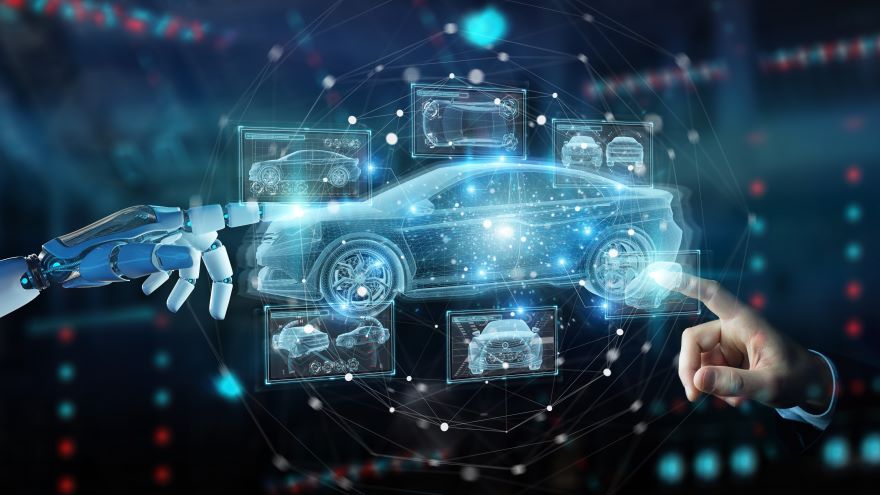AI car-shopping tools gaining ground, but most consumers still want dealer input

By subscribing, you agree to receive communications from Auto Remarketing and our partners in accordance with our Privacy Policy. We may share your information with select partners and sponsors who may contact you about their products and services. You may unsubscribe at any time.
Artificial intelligence hasn’t taken over the car-shopping process yet, but a survey by Cars.com shows it is making inroads.
The vehicle-shopping marketplace’s AI in Car Shopping Consumer Survey, conducted in early November among 936 in-market shoppers and recent vehicle buyers, found 44% of the respondents used AI-powered search tools on third-party sites to shop for a vehicle. And 97% of those AI users said those tools had an impact on their purchase decisions.
Not coincidentally, Cars.com unveiled its AI search engine, Carson, this month.
“These survey results confirm what we’re seeing with Carson’s performance on our marketplace,” senior director of product management Matt McDonald said. “Car shoppers aren’t treating AI as a novelty — they’re using it as a trusted co-pilot in their research.”
McDonald said the high percentage of AI users saying it will influence their decision makes it “clear we’re entering a new era of discovery in auto retail.”
According to the survey, AI tools are most likely to be used by shoppers to identify and compare models that meet their needs, as well as finding price estimates and answering questions about specific vehicles, such as their record of reliability.
Subscribe to Auto Remarketing to stay informed and stay ahead.
By subscribing, you agree to receive communications from Auto Remarketing and our partners in accordance with our Privacy Policy. We may share your information with select partners and sponsors who may contact you about their products and services. You may unsubscribe at any time.
Among AI users, 73% said having AI turn conversational queries into targeted search results saves time. When it comes to the results of those searches, 59% consider AI as a starting point for research, while 30% say it provides them with the final answer. And two-thirds want AI to go even further, preferring an AI personal shopping assistant.
Overall, 71% of the total respondents said they have at least a moderate amount of trust in AI tools to provide unbiased and accurate vehicle information, and about half of regular AI users are comfortable with AI recommending a specific car and price.
But 63% of shoppers have concerns that AI tools will show bias in their vehicle recommendations, which Cars.com said illustrates the importance of transparency and verified data sources.
Two-thirds of shoppers indicated their most trusted resources for objective and unbiased information are car-shopping and review sites.
At the dealership, 64% of AI users said they would be open to vehicle recommendations directly from a salesperson in addition to the AI recommendation, and the majority of shoppers prefer to transition from AI tools to direct dealer interaction for budget and financing.
“A car purchase is still one of the most significant financial decisions consumers make,” McDonald said, “and they want technology that helps them navigate complexity while maintaining control. AI tools like Carson are designed to do exactly that — simplify the search process, provide trustworthy recommendations based on verified data and seamlessly connect shoppers with dealerships when they’re ready to move forward.”


